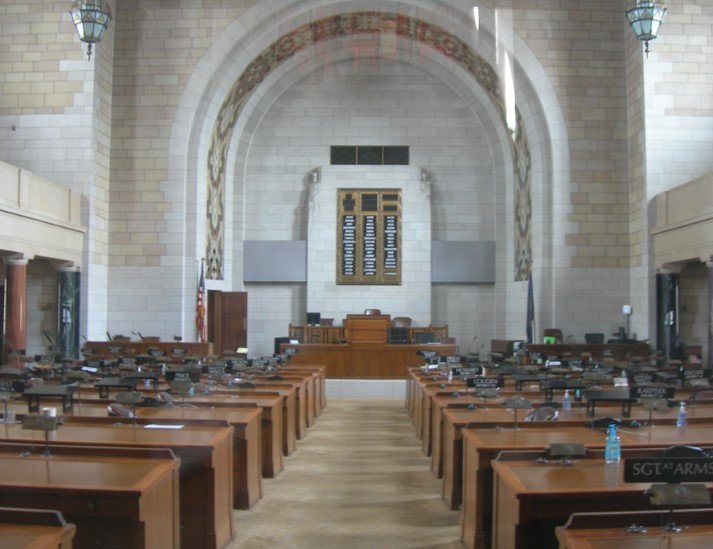LINCOLN — A proposed overhaul of Nebraska’s school finance system is picking up steam, with education groups and rural advocates largely backing the measure. The bill, championed by State Sen. Jana Hughes and supported by Gov. Jim Pillen, aims to shift the financial burden away from local property taxes while increasing state investment in public education.
Lower Property Taxes, More State Investment
Legislative Bill 303, introduced Monday, proposes trimming school property tax rates by three cents—from $1.05 to $1.02 per $100 of assessed value. The change is part of a broader strategy to funnel more state dollars into Nebraska’s 245 school districts through the Tax Equity and Educational Opportunities Support Act (TEEOSA). Passed in 1990, TEEOSA determines equalization aid based on each district’s needs versus its available resources.
Currently, 75% of Nebraska school districts receive no equalization aid, relying instead on property taxes. The bill aims to change that, increasing the percentage of districts receiving state support. Additionally, per-student foundation aid would jump by 6%, rising from $1,500 to $1,590.
The bill carries a hefty price tag: nearly $120 million in new state funding over two years. Pillen has included this sum in his proposed budget despite the state facing a projected $432 million deficit.

Long-Term School Finance Reform Commission Proposed
In addition to immediate funding shifts, LB 303 proposes the creation of a 15-member School Finance Reform Commission. This group, comprising superintendents, lawmakers, education officials, and representatives from the Nebraska Department of Education, would be tasked with identifying sustainable, long-term funding solutions.
Sen. Hughes, who serves as vice chair of the Education Committee, framed the measure as just the beginning of broader reforms. “This is a little bite at the apple, and I hope we keep making chunks at it as we go forward,” she told lawmakers.
Addressing a ‘Broken’ System
For years, critics have argued that Nebraska’s reliance on property taxes for school funding places an undue burden on rural communities and homeowners. Hughes, a former Seward Public Schools board member, said school finance has been “on auto steer for decades” and praised Pillen for initiating change.
Her proposal follows last summer’s special legislative session, during which she introduced a long-term plan to gradually reduce property tax reliance over 10 years. That effort, dubbed “Lower The Levy Cap,” would have shifted the majority of operational school expenses to the state. Pillen’s plan went even further, seeking to eliminate property tax-based school funding entirely.
Neither proposal advanced during the special session, but LB 303 represents a scaled-back version of Hughes’ original vision. By securing a modest property tax cut and boosting equalization aid, she hopes to build momentum for further reforms.
Concerns Over State Budget Shortfalls
Despite its broad support, LB 303 is not without controversy. Nebraska faces a significant budget shortfall, and critics question whether increasing state spending on education is financially feasible at this time. Some lawmakers worry that shifting more school funding responsibility to the state could lead to budgetary instability in future years.
However, education and agriculture groups argue that reducing property tax reliance is essential. Rural districts, which often lack the local revenue to support schools adequately, have long pushed for a more equitable funding model. The Nebraska Farm Bureau and state education associations have signaled strong support for the bill.
What’s Next for LB 303?
The bill now moves through the legislative process, with debate expected to intensify in the coming weeks. With education funding and tax reform consistently ranking as top priorities for Nebraska lawmakers, LB 303 could set the stage for further shifts in how the state funds its public schools.
For now, Hughes and her supporters see the bill as a necessary first step. Whether lawmakers embrace this “bite at the apple” or push for a more sweeping overhaul remains to be seen.

Comments